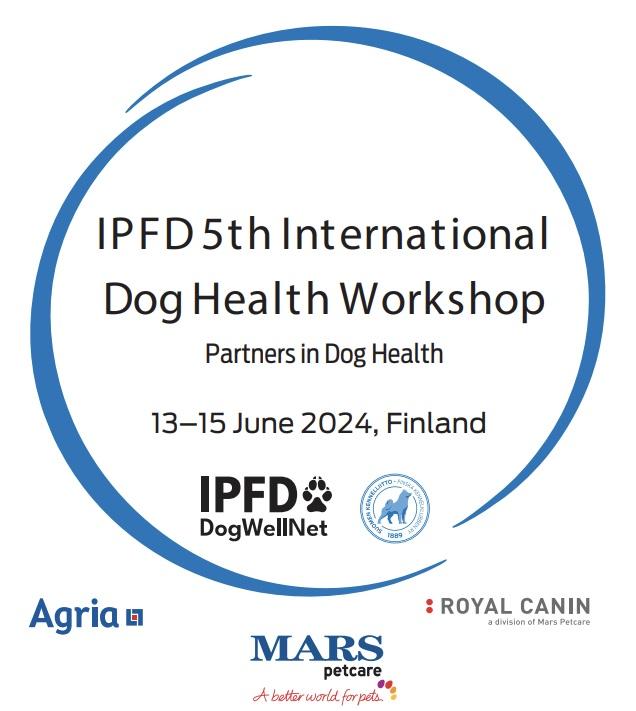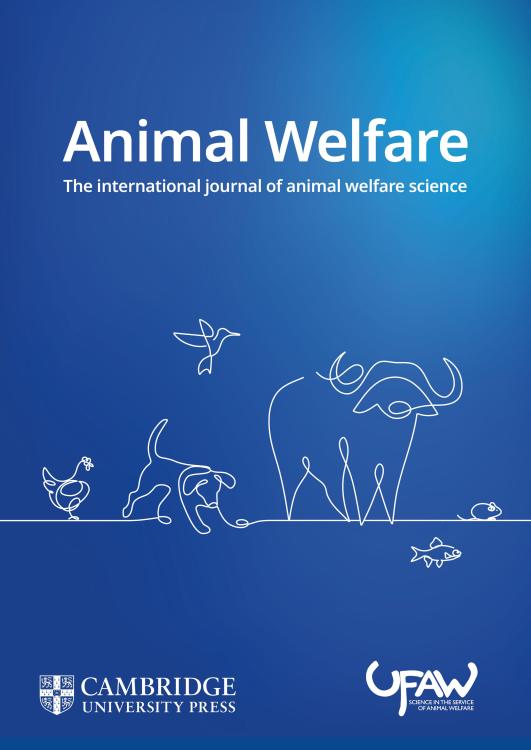Horizon Topic paper: A new future for dog breeding
Helle Friis Proschowsky, from the Department of Veterinary and Animal Sciences at Copenhagen University, has just published a Horizon Topic paper with Maja Arendt, Brenda Bonnett, Camilla Bruun, Irena Czycholl, Merete Fredholm, Dan O'Neill, James Serpell, and Peter Sandøe. The title of the paper is "A new future for dog breeding".
The paper presents a review of modern dog breeding, outlining the current situation and suggesting improvements to enhance the health and welfare of dogs in the future. The authors view this paper as a call to action, providing a framework for driving meaningful change.
Overview of the Current Situation
The authors begin with an overview of the current situation: The modern idea of purebred dogs has come under increasing critical scrutiny in recent decades. In light of this critical focus and other developments in society, new trends in how companion dogs are bred and acquired have emerged. This means a diminishing influence from traditional kennel clubs – with more dogs being sold without a pedigree, stricter legal restrictions on dog breeding, growing popularity of deliberate crosses of established breeds (i.e., so-called 'designer breeds'), and growing hype around the benefits of mixed-breed dogs.
They then provide an overview of these trends and discuss the extent to which they will facilitate the promotion of dogs that are innately healthy, enjoy good welfare, and function well in their various roles in today's world.
The authors contend that newly created designer breeds and mixed breeds also exhibit concerning health and behavioural issues. They posit that the predictability of purebred dogs with respect to body size, fundamental behaviours, known grooming requirements, disorder profiles, and other attributes may confer benefits for a mutually satisfying human-dog relationship.
What Would Be the Solutions?
The optimal future seems to lie in the middle ground, the authors state. The future organised dog world (i.e., kennel and breed clubs or their successor organisations) will need to:
- re-open the breed registries
- remove wording from breed standards that currently promotes extreme conformation
- support selection against disease-predisposing genotypes and phenotypes, and
- refocus dog showing and breeding to promote health and appropriate behaviour
IPFD 5th International Dog Health Workshop Discussed These Same Issues
 Discussions on this subject also took place at IPFD’s 5th International Dog Health Workshop in June 2024. There was widespread agreement on moving away from extreme conformation and inbreeding, and towards accepting crossbreeding as a legitimate tool for breeders – as well as towards following scientific evidence on canine genetics and health. It was agreed that these principles should become priorities for welfare-minded organisations at the national and international levels.
Discussions on this subject also took place at IPFD’s 5th International Dog Health Workshop in June 2024. There was widespread agreement on moving away from extreme conformation and inbreeding, and towards accepting crossbreeding as a legitimate tool for breeders – as well as towards following scientific evidence on canine genetics and health. It was agreed that these principles should become priorities for welfare-minded organisations at the national and international levels.
A better education of puppy buyers, breeders, show judges, and other stakeholders was identified as a recurring priority across all four workshop themes.
Read the Horizon Paper
View/Download the Horizon Paper Here



Recommended Comments